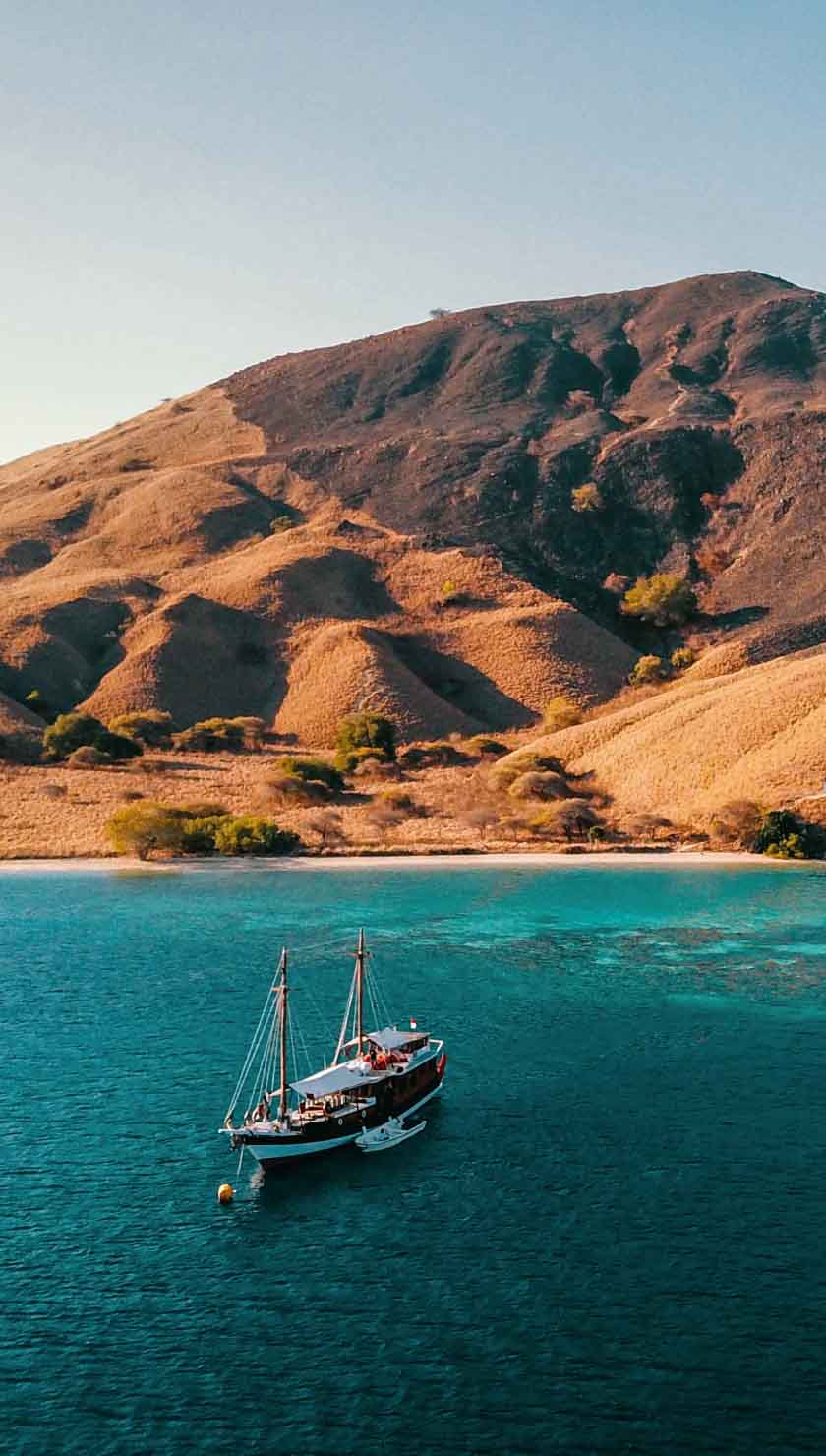Top things to do and see on a Hebridean Cruise
The Hebridean Islands are divided into the Inner Hebrides grouping, nearest the mainland, and the Outer Hebrides, farther out into the Atlantic.
Inner Hebrides Islands
The Inner Hebrides Islands consist of thirty-six islands just off the Scottish coast. On a Hebridean boat cruise, visitors discover and explore the unique beauty and character of man of these islands.
The Isle of Islay, dubbed the “Queen of the Hebrides”, is the southernmost island of the Inner Hebrides and features a rugged coast surrounding a mountainous and windswept interior. The island is perhaps best known for its eight distillers of world-renowned single-malt whisky, including Lagavulin, Bowmore and Laphroaig. Even teetotallers may enjoy a Scotch tour, given that distilleries house many of the island’s best restaurants. The café at the Ardbeg distillery, for example, serves excellent homemade soups and baked goods—in addition to fantastic whisky.
The Isle of Mull features the Sound of Mull, brimming with marine life, including dolphins, porpoises and sea eagles. Tobermory, located on the Sound of Mull, is known for its distinctive, candy-colored houses and serves as a perfect base from which to explore Aros Park, its waterfall and wonderful views over the sound. The nearby Treshnish Isle of Lunga is home to puffin and razorbill colonies, while the waters surrounding the Isle of Staffa attract Minke and pilot whales, as well as seals and dolphins.
The Isle of Skye is characterized by rocky coastline dotted with picturesque fishing villages and enigmatic castles, jagged mountains rising from among jewel-like lochs. The islands is accessed through the Sound of Sleat. Its largest town, Portree, is an excellent spot to spend time enjoying the salt-laden breeze on a coastal walk or enjoying local food. Scotch-lovers will want to have a dram of Talisker, the island’s only producer of single-malt.
The Small Isles, just off the Isle of Skye, include Canna, Rum, Eigg and Muck. Eigg features the impressive ridge of An Sgurr, which can be hiked by intrepid visitors, while Laig Bay offers breathtaking views of the Cuillins of Rum. For its part, Rum, is perfect for hikes cooled by the ocean winds. Canna is home to over 150 species of birds and offers numerous trails to fascinating archeological sites. On the Isle of Muck, smallest of the Small Isles, visitors can walk from Port Mor, snugged within a natural harbour, to North Bay, stopping in at rustic shops and watching the waters for otters.
Outer Hebrides Islands
The Outer Hebrides Islands, more remote and bearing the brunt of the winds and waves of the Atlantic Ocean, are explored on more adventurous small ship cruises of Scotland. A chain of over a hundred islands, the Outer Hebrides offer an even more rugged and untamed side of the Western Isles of Scotland.
The Isle of Barra is the southernmost inhabited island among the Outer Hebrides and the site of numerous important archeological finds, including the remains of a Viking settlement. The ruins of Cille Bharra offer a glimpse into the island’s rich history, while Kisimul Castle looms over Castlebay and is believed to date back to 1030 AD. Beyond its historical riches, the Isle of Barra offers the opportunity to kayak along deserted beaches and sheltered bays while keeping an eye out for seals, otters and various sea birds.
The Isle of Harris is home to the Isle of Harris Knitwear Company, producer of the famous Harris Tweed. At its shop in Grosbay, visitors can splurge on an authentic Harris jacket or pullover.
The Isle of Lewis is like an island-sized open-air museum—or a trip back in time. The island’s main attraction are the Callanish, or Calanais, rocks, a garden of mysterious standing stones set in the pattern of a cross with a central ring. It is believed that they were erected during the Neolithic era and played a role in pagan ceremonies during the Bronze Age. In Gerrennan, visitors can wander the Blackhouse Village, a recreation of early settler homes that provide insight into the lives of 19th Century Hebridean families. From the village, paths offer excellent walking and cycling routes to nearby beaches.
The Shiant Isles are a small group of islands and protected area, and home to absolutely massive sea bird colonies. Though exact numbers are nearly impossible to obtain, it is estimated that the islands shelter between 15,000 and 18,000 guillemots, from 8000 to 11,000 razorbills, four to six thousand fulmars, and a staggering 240 thousand puffins, fully two percent of the world’s puffin population in a single area. Here, bird watching consists of simply keeping one’s eyes open as the birds fill the sky.
St. Kilda is an archipelago on the very edge of Scottish territory, nearly lost in the Atlantic Ocean. St. Kilda boasts the highest cliffs in the United Kingdom, including the cliffs of Conachair, towering 425 meters (1400 feet) above the crashing sea. The islands are home to the largest colony of gannets in the world, as well as puffins, shearwaters, petrels and shags. The surrounding waters are visited by Minke whales, Atlantic grey seals, dolphins, and even orca. On land, signs of human habitation date back to the Bronze Age, including burial sites in Village Bay.
Top Tips for visiting the Hebrides on a cruise
- The best Hebridean Island cruises include plenty of hiking over rocky terrain, so pack good hiking shoes.
- Pack a warm jacket and waterproof shell to shield you from the Atlantic Ocean winds and spray.
- Bring binoculars and a camera to get a close look at the region’s wildlife.
- Be sure to bring seasickness medication as occasional storms may lead to rough waters.
- So as to not sound like too much of a tourist, pronounce Islay correctly: “eye-la”.
Best time to cruise the Hebridean Islands
It is important to plan ahead, given that, regardless of the time of year, the Hebrides—and particularly the Outer Hebrides—are subject to strong winds and occasional storms. These storms, however, are part of the region’s character and should not be viewed as a deterrent.
The best time to take a Hebridean cruise is in the summer, from May to August, when the sky is clearer, the days longer and the air warmer. This is also the best time to see whales and orca.
Fall comes to the Hebrides in September and October and brings cooler weather and the turning of the leaves.
The Hebrides in late-October to early-March is winter, with shorter days, cold weather and more frequent rains. Note that some Hebridean cruises may not be available during this period.
The Hebrides in late-March to early-May is Spring, when the days get longer and the islands greener.
Where do Hebridean cruises depart from?
Typically, most Scottish small ship cruises to the Hebridean Islands depart from Oban or Inverness. Visitors will fly into Glasgow’s international airport, followed by a transfer to Oban or Inverness.
Formerly known as Abbotsinch Airport, Glasgow airport is served by most major airlines, though many flights from North America will require a connection through one of the United Kingdoms major airports.
Our reservations team can help you book your next cruise to the Hebridean Islands, Scotland. Contact us today.











